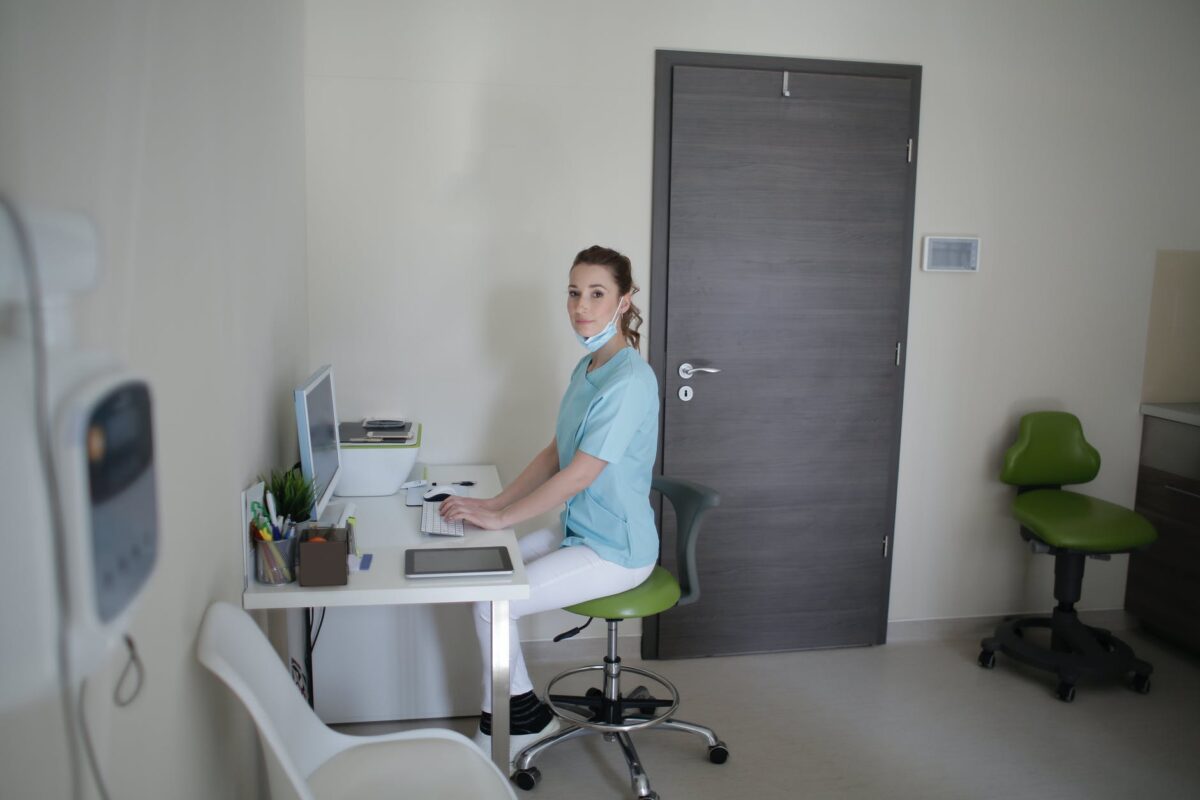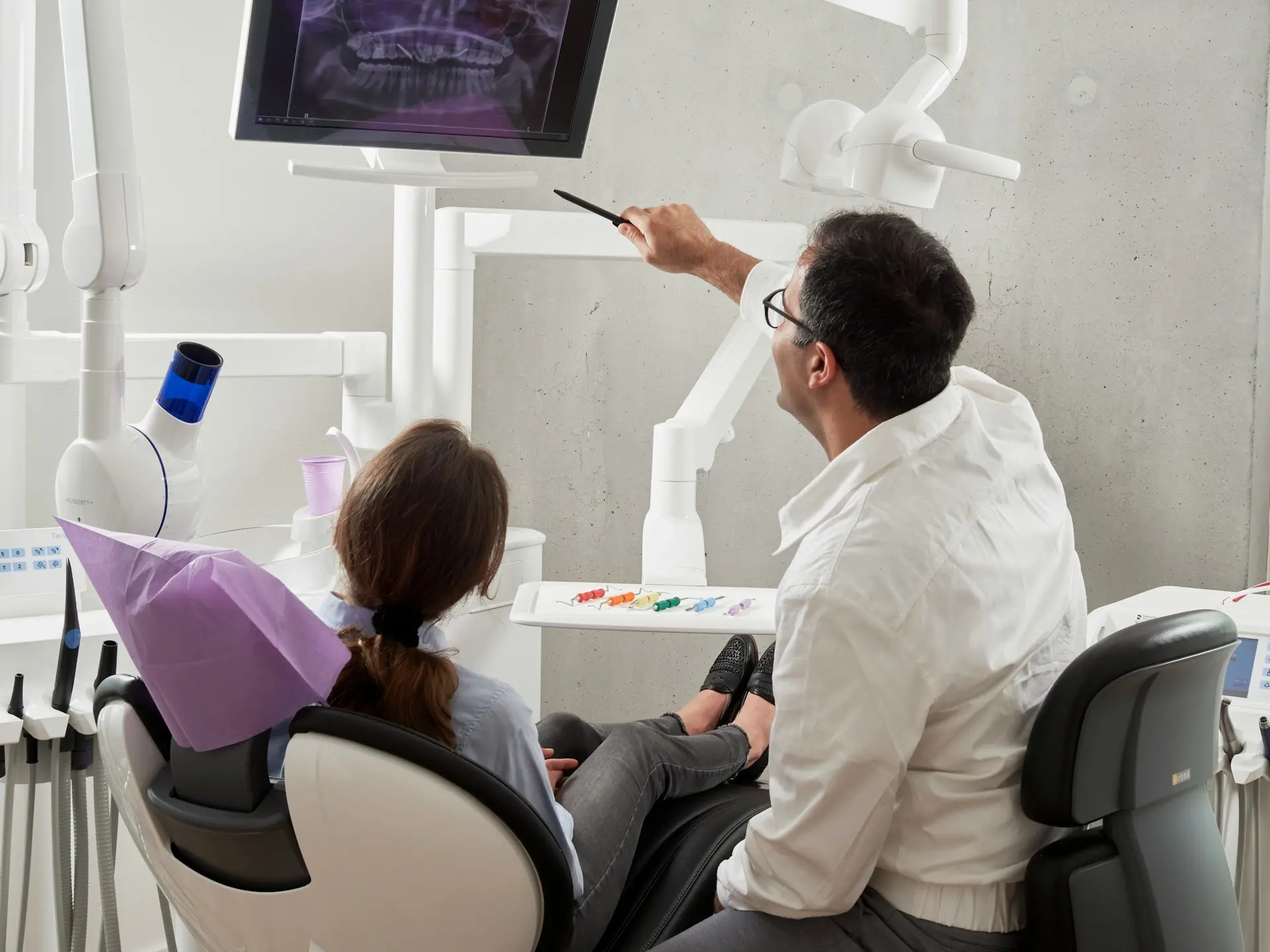Medical administrative assistants provide a valuable service to many healthcare organizations. They perform secretarial duties with specific knowledge in medical fields, and are the people who help keep things running smoothly in a clinic or hospital setting.
As a clerical position, a medical assistant’s responsibilities are not demanding when it comes to coursework. Although it largely depends on the healthcare facility you hope to be employed with.
In this article, we’ll take a look at exactly what this role entails and what it takes to excel in this position.
The Role of the Medical Administrative Assistant
Administrative medical assistants perform many secretarial duties in a healthcare environment. They provide administrative support to physicians, nurses, and other hospital staff.
In a medical office, the duties may include:
- Scheduling and confirming patient appointments
- Compiling and recording medical charts
- Managing medical files with coding expertise
- Writing reports and correspondence
- Billing patients, processing Payments and insurance claims
- Ordering supplies
As you can see, the majority of this role is paperwork-focused and requires a keen eye for detail. The most important skills one should possess for this role are organization, time management, written and verbal communication, interpersonal skills, and familiarity with software like Microsoft Word and Excel.
Do They Need a Degree?
You might think that you need a college degree, but a medical administrative assistant is only required to have a high school diploma or GED equivalency. This is the level of education to start with the medical administrative assistant program or with the training program. This program usually takes a year, while associate degrees typically take two years to complete.
Most of the medical administrative assistants complete the program through a vocational school or community college and take an exam to earn professional certificates or diplomas.
The higher your education level, the more attractive you become to prospective employers. However, at a certain point, you’ll meet the diminishing rewards of overqualification. So you might consider a more specialized role, such as health information technology if you intend to obtain an associate’s degree.
At the most basic level, medical administrative assistants are required to learn any data-entry software that a healthcare facility prefers, but on-site training is typically provided.
Depending on the organization, medical administrative assistants might not need a degree. If you are already working with these medical assistants in a clinic, office, or hospital, the job is there for you. So, even those with a high school diploma and a few college credits are considered for the job.
If you want a higher-level position with the possibility of growth, or a more specialized role in healthcare administration, it is recommended to pursue a degree and additional certification in the field you intend to enter.
Certification for Medical Administrative Assistant
One entry-level certification that, while not strictly required, will certainly help your job and career prospects is the CMAA (Certified Medical Administrative Assistant.
This certification will show familiarity with electronic health records (EHRs) and knowledge of HIPAA security protocols to protect patient records. It will likely help you land a job in a more serious hospital setting.
In this program, students will also learn about the medical terminology and abbreviations used in hospital environments, giving you a wider range of knowledge applicable to the role.
Upon completion of the CMAA program, you’ll receive an NHA-accredited certification that will show your dedication to the field that can lead to career benefits such as higher pay, additional training opportunities, as well as more responsibility.
Lastly, for those who have completed the medical administrative assistant certification and passed the certification exam, this will enhance their credentials and will certainly help them with their job prospects.
As a final note, it is entirely possible to enter the medical administrative assistant field with the bare minimum of education requirements, such as a GED, but doing so will severely limit your job prospects, as there are many more qualified candidates in the pool.



